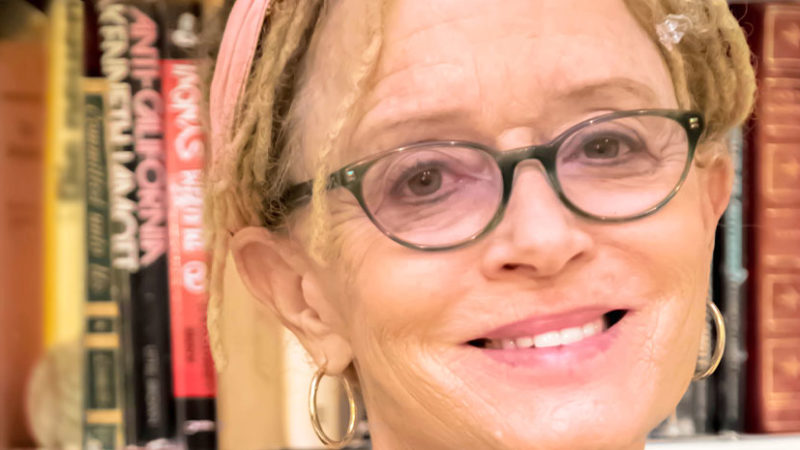Megan Devine: The Howl at the Center of Grief
Megan Devine is a mental health counselor who has become known as one of the most promising emerging voices in the field of grief therapy. With Sounds True, she has released the new book It’s OK That You’re Not OK: Meeting Grief and Loss in a Culture That Doesn’t Understand. In this episode of Insights at the Edge, Tami speaks with Megan about It’s OK That You’re Not OK and the tragedy that inspired the book—the accidental drowning of her partner. With this in mind, Tami and Megan discuss “the wild howl at the center of grief,” the challenge of shouldering things that only we can carry, and why “letting go” is a myth. They also talk about what you can do for someone enduring the grieving process and why it can be best simply to lend an understanding ear. Finally, Megan unravels the concept of “fixing” grief and why there is an intrinsic connection between grieving fully and loving well. (69 minutes)





